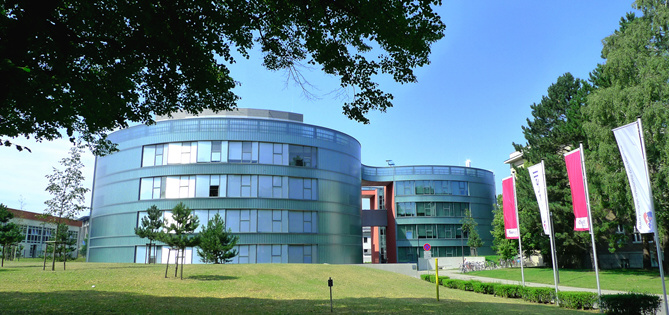Cell Mol Life Sci. 2022 Apr 9;79(5):229. doi: 10.1007/s00018-022-04264-8.
Novel integrated workflow allows production and in-depth quality assessment of multifactorial reprogrammed skeletal muscle cells from human stem cells.
Faustino D, Brinkmeier H, Logotheti S, Jonitz-Heincke A, Yilmaz H, Takan I, Peters K, Bader R, Lang H, Pavlopoulou A, Pützer BM, Spitschak A
Skeletal muscle tissue engineering aims at generating biological substitutes that restore, maintain or improve normal muscle function; however, the quality of cells produced by current protocols remains insufficient. Here, we developed a multifactor-based protocol that combines adenovector (AdV)-mediated MYOD expression, small molecule inhibitor and growth factor treatment, and electrical pulse stimulation (EPS) to efficiently reprogram different types of human-derived multipotent stem cells into physiologically functional skeletal muscle cells (SMCs). The protocol was complemented through a novel in silico workflow that allows for in-depth estimation and potentially optimization of the quality of generated muscle tissue, based on the transcriptomes of transdifferentiated cells. We additionally patch-clamped phenotypic SMCs to associate their bioelectrical characteristics with their transcriptome reprogramming. Overall, we set up a comprehensive and dynamic approach at the nexus of viral vector-based technology, bioinformatics, and electrophysiology that facilitates production of high-quality skeletal muscle cells and can guide iterative cycles to improve myo-differentiation protocols.

Kontakt
Institut für Experimentelle Gentherapie und Tumorforschung
Core-Facility Virale Vektor & Genom-Editing Technologien
Biomedizinisches Forschungszentrum
Schillingallee 69
D-18057 Rostock
Sekretariat
Ingrid Winkler
(+49) 381 494-5066(+49) 381 494-5062
ingrid.winkler@med.uni-rostock.de
Department Leben, Licht & Materie
Forschungsbau LL&M
Albert-Einstein-Str. 25
D-18059 Rostock
Forschungsbau LL&M
Albert-Einstein-Str. 25
D-18059 Rostock




